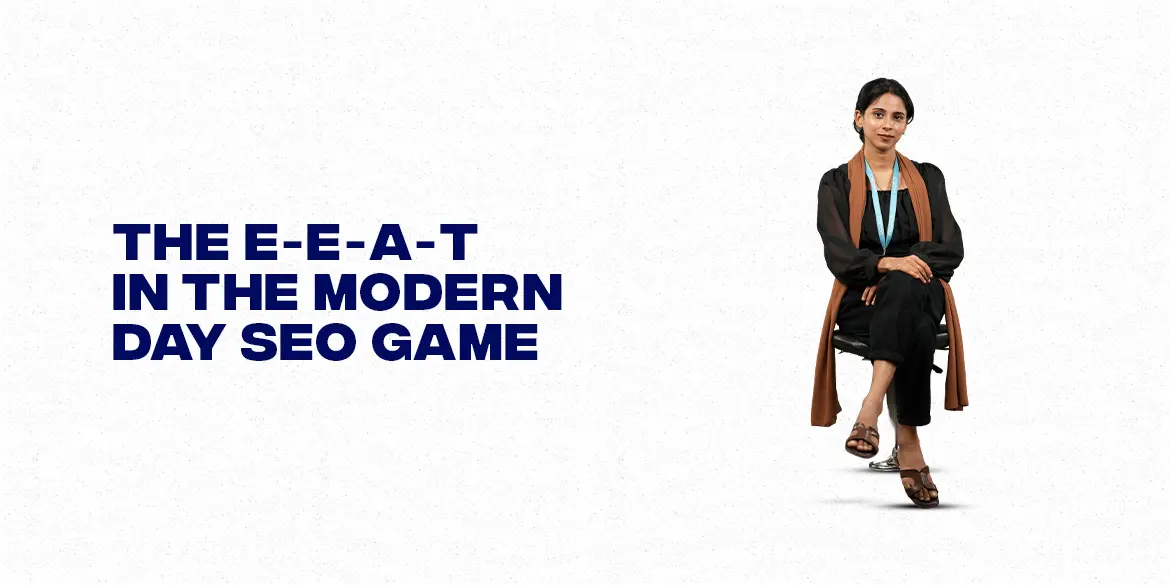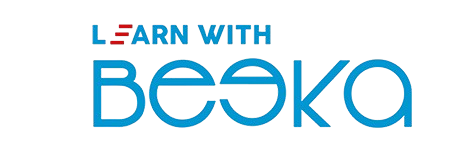
In the SEO world, there are always rules in flux. But something distinctly important in the modern era is something called E-E-A-T. It stands for Experience, Expertise, Authoritativeness, and Trustworthiness. Google uses these to pick top content, and to decide which to push down or ignore.
Unless your content possesses these traits, even proper usage of keywords will not benefit you much further.
Let’s take a look at what each component is, and why it’s important.
Experience
This is the newest of the E-E-A-T elements, and it is crucial. It seeks to determine something very straightforward: did the person who produced the content actually do the thing they are writing or talking about?
Think of a product review. Did the writer use that phone or computer? Or is he guessing and rephrasing what he had read elsewhere? Google now looks for proof of everyday usage in real lives, like personal testimonials, photographs, and first-hand details.
This makes sense. People trust content more when it comes from someone who has tried it. A recipe blog by someone who has cooked the dish many times is better than from someone who has not cooked at all.
The same is true of travel, technology, tools, and even advice on parenting. Real-world experience adds substance to content, making it more helpful and more authoritative.
Expertise
Expertise is about being thoroughly familiar with the material. When you are giving medical advice, legal advice, or similar, the required expertise in many cases involves formal studies, degrees, or work experience. For example, if you are talking about an illness, a doctor will always be more trusted than a person without medical training.
However, you do not necessarily need formal qualifications for all subject areas. You can still show good knowledge in areas like photography, cooking, gaming, or fitness, especially if you have done it for years and are sharing valuable, accurate advice.
The point is: do you understand the topic well? Are you giving information that really helps?
Authoritativeness
Authority is how other individuals see your value in space. Do other sites cite you? Do they link to your articles? Do they reference your work? These are signs that other individuals trust your content and see you as a reliable source.
Authority does not grow overnight. It builds as you share more useful content, get mentioned on other sites, or earn links from known sources.
Sites like Wikipedia, major news organizations, or leading blogs have high authority. If they link to your site even once, you can expect to see a rise in your own credibility in Google’s view.
But small mentions help too. Guest articles, quotes, or praise from others in your area help build authority over time.
Trustworthiness
Trust is the foundation. You cannot fake it. If readers and search engines do not trust your content, then whatever else you do, experience, expertise won’t count.
So how do you build trust?
Start with the basics: a secure site (HTTPS), clean design, clear contact information, no pushy popups, and no false claims. Always fact-check. Link to credible sources. Make sure readers know who wrote the content. Add author names, short bios, and photos if possible.
Transparency builds trust. If readers know who is behind the material and feel safe while reading it, they are more likely to stick around.
Why E-E-A-T is Crucial in SEO
E-E-A-T is not a technical ranking factor like page speed or mobile-friendliness. Google is not giving your site a number or score for it.
But it is a major part of how Google determines the quality of your content. This is especially true for topics that affect people’s health, finances, or safety. Google calls these “Your Money or Your Life” topics, or YMYL.
If your content lacks real experience, in-depth knowledge, or signs of trust, it will be difficult to rank well — even if you use keywords properly.
What You Can Do
To optimize SEO by using the principle of E-E-A-T, follow these simple steps:
- Mention your personal or professional experience. Use real examples.
- Write in a friendly and helpful style, but avoid overly complex language.
- Get referenced or quoted by other credible sites in your niche.
- Make sure your information is current, accurate, and fact-checked.
- Always include author names, bios, and source links.
Conclusion
SEO in 2025 is not just about keywords and backlinks anymore. Yes, those still matter, but Google is looking for more. It wants to know: Is the content valuable? Was the author qualified to speak? Can we trust them?
That is what E-E-A-T is for. If you are honest, clear, based on real knowledge or experience, and writing to help the reader rather than trick the algorithm, then you are on the right track.
SEO today demands more than keywords, it requires real value. At Learn with Beeka, we teach you how to apply E-E-A-T by sharing genuine experience, building trust, and creating expert content that ranks.
